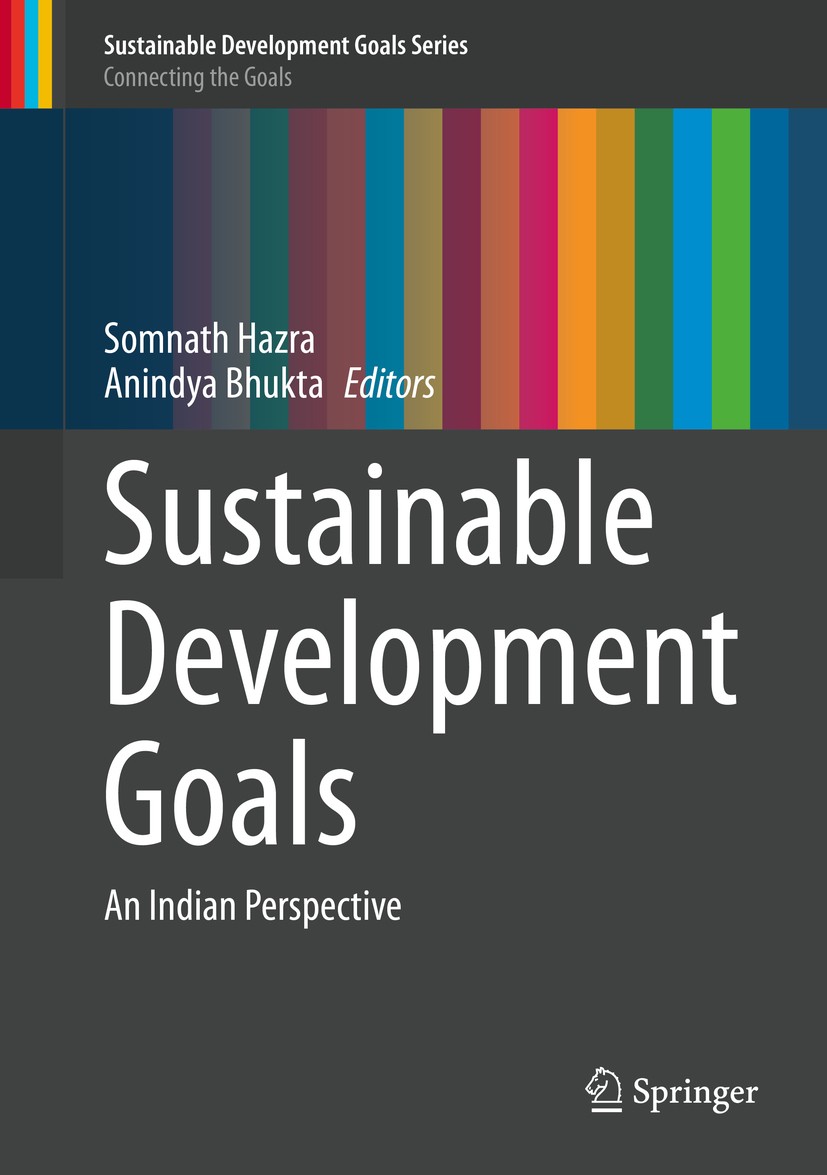Op zoek naar (e)-books, tijdschrift- of krantenartikelen, kennisclips, of filmpjes voor je studie of onderzoek?
Via Xplora heb je altijd gratis online toegang tot vele betrouwbare bronnen. Makkelijk te doorzoeken via onze zoekmachine Kaluga!
Spotlight
LibKey Nomad
Met LibKey in je browser krijg je gemakkelijk toegang tot de inhoud van de Xplora databanken, bijvoorbeeld bij PubMed, Springer en Wikipedia.












